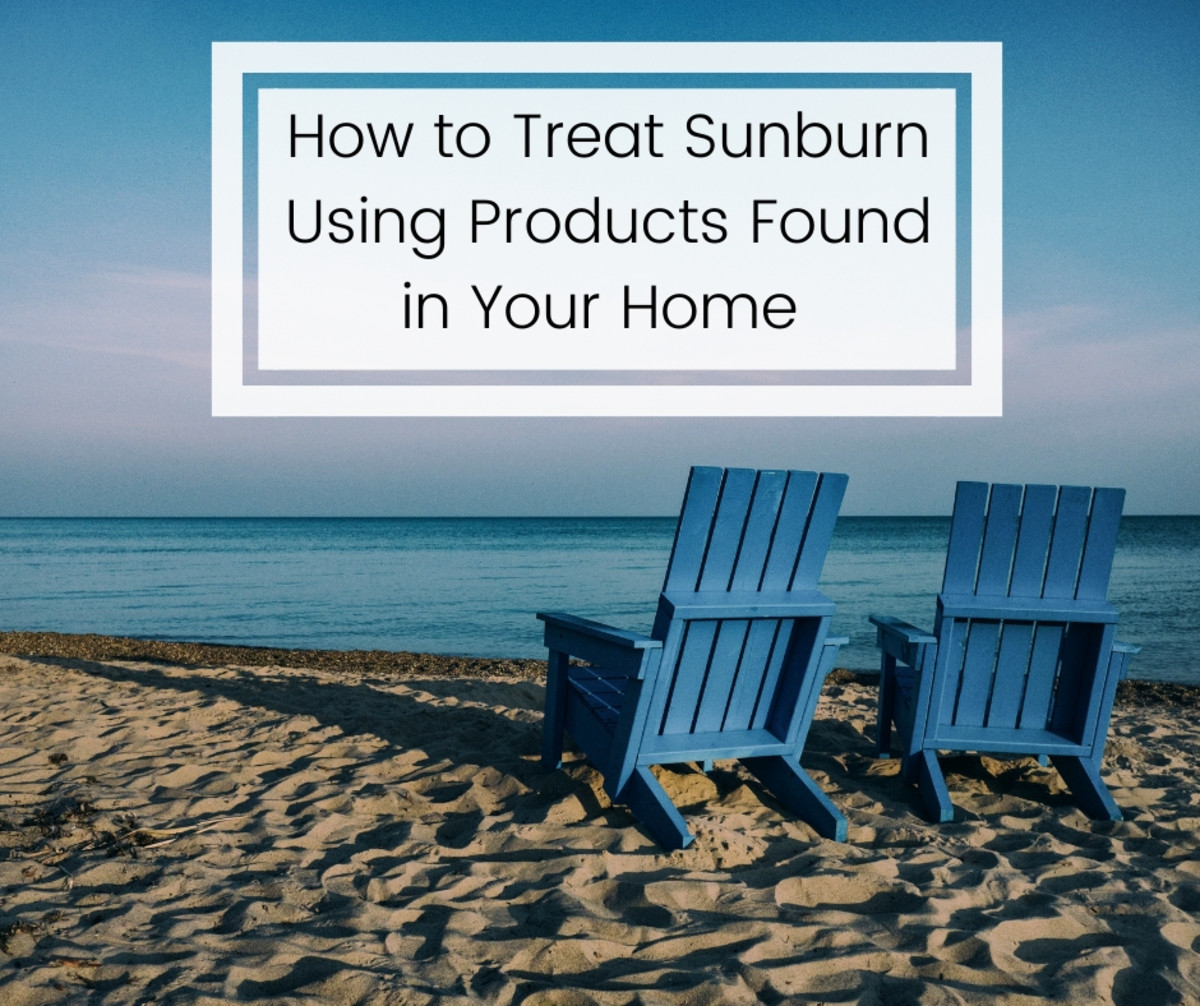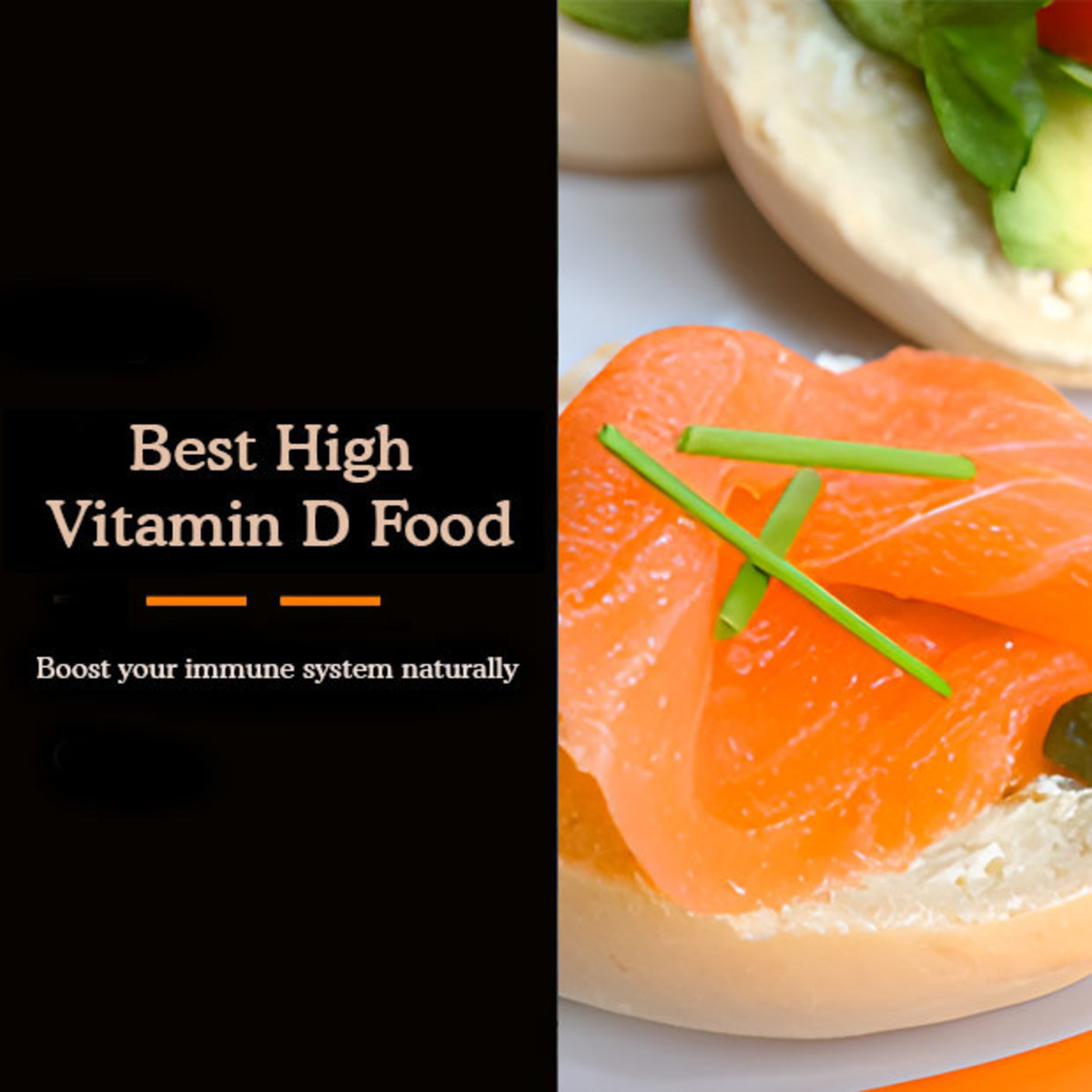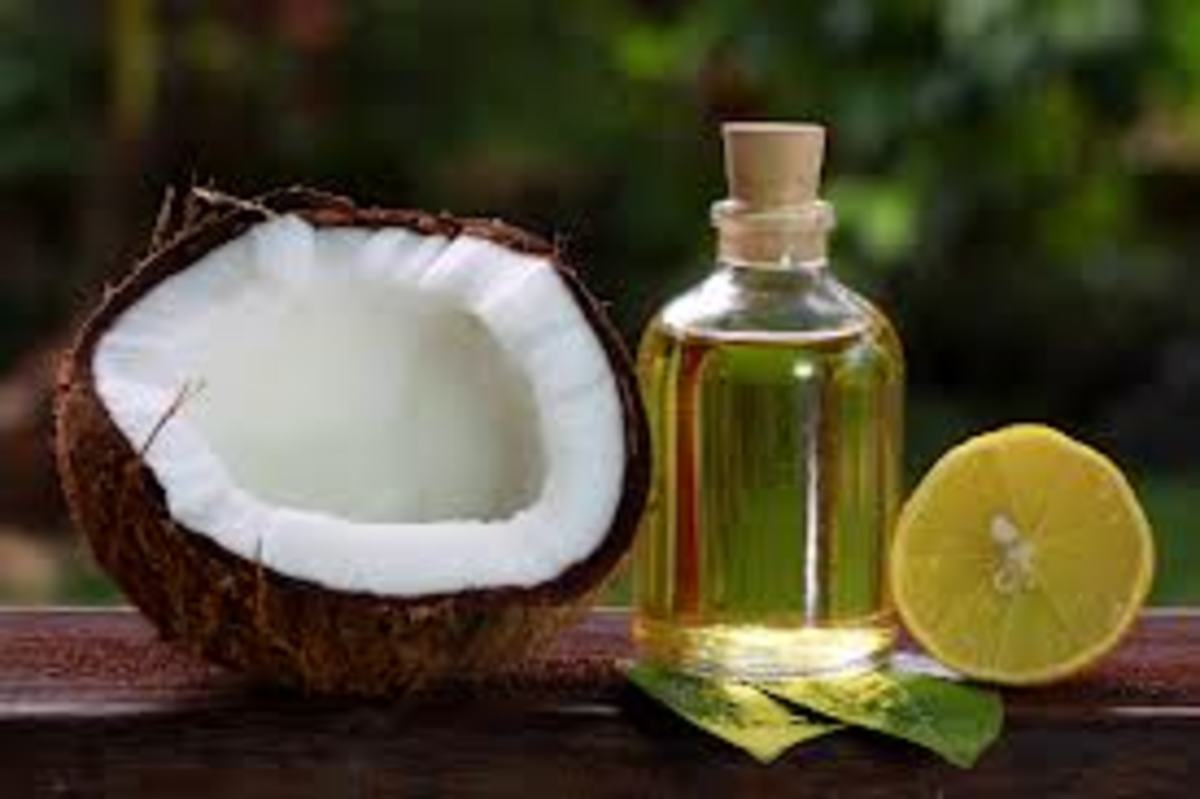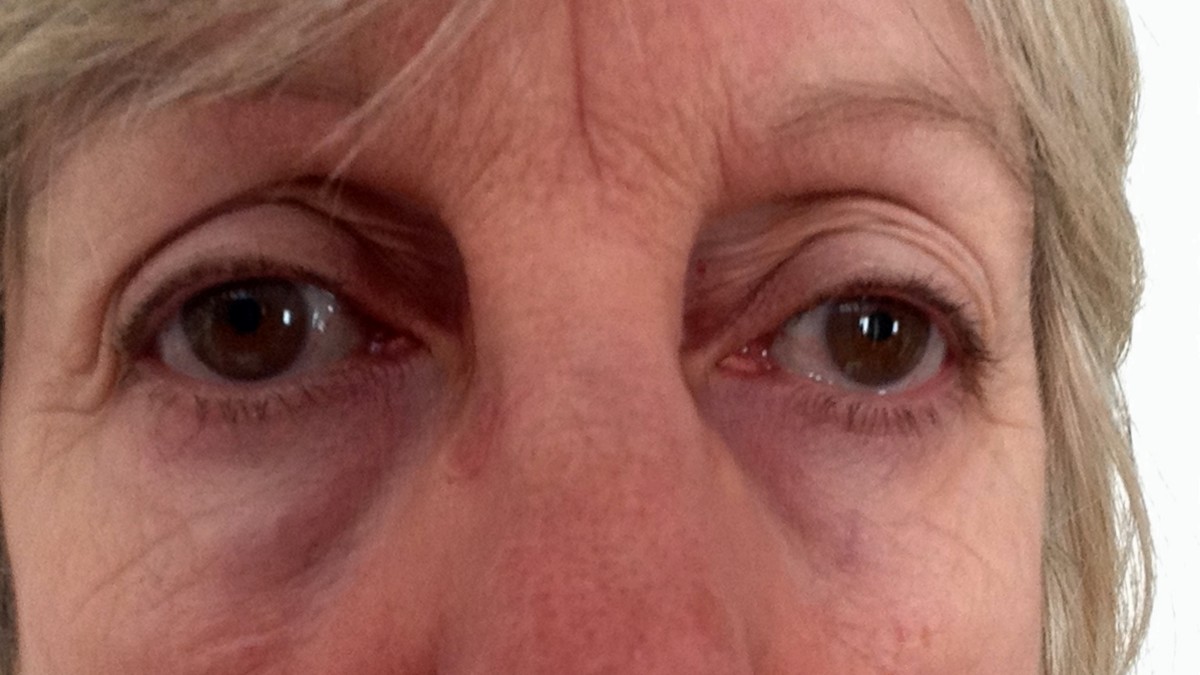Foods that boost you body's natural UV protection
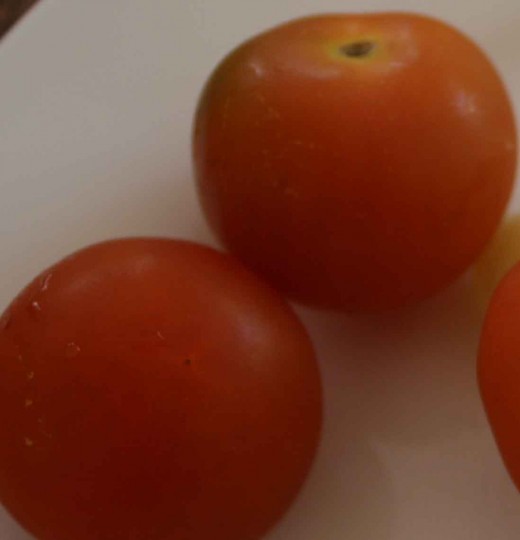
Foods can boost your natural UV resistance
It's no secret that covering up and preventing sun damage can help keep your skin smooth and healthy. However, there are certain foods that can actually boost your body's natural resistance to UV.
On top this, a regular intake of certain foods can also help your body repair sun damaged skin.
Lycopene
The most promising research has been into an antioxidant called lycopene. A series of studies has shown that lycopene can help protect skin from UV damage.
Studies have shown that the effects of sunburn can be lessened if you have a sufficient intake of lycopene. Of course this has the associated benefits of helping to prevent age spots, skin cancers and premature wrinkles.
Tomatoes have a high lycopene content. However, Lycopene is best absorbed by the body when it is eaten cooked, rather than raw. So rather than consuming copious amounts of fresh tomatoes, try eating tomato paste or sun dried tomatoes.
Researchers suggest that eating approximately 20 grams of tomato paste, or around 1 1/4 tablespoons a day, can lessen sunburn risk by around 30 per cent. If you want to know more about lycopene or the role other antioxidants can play in protecting your skin, try Dr Jessica Wu's book Feed Your Face. In it she discusses in detail dietary ingredients that are known to benefit and rejuvenate the skin.
However, don't be too keen to ditch the daily application of sunscreen in place of a can of tomatoes just yet. Covering up and preventing sun damage with sunscreen is one of the best things you can do for your skin.
A diet high in lycopene should be seen as an adjunct to healthy skin care. Lycopene will help lessen the effects of incidental sun exposure, such as when you are unable to re-apply sunscreen. It will also help your body fight the after effects of sun exposure.
Generally foods that have a rich red/pink colour tend to be high in lycopene. As already mentioned, cooked tomatoes have a very high lycopene content.
Other foods that are high in lycopene are watermelon, purple plums, pink grapefruit and guava. Asparagus and red cabbage are also known to have a high lycopene content.
It is also possible to buy commercial lypocene vitamin supplements. However, most nutritionists will recommend that it is best to consume lycopene from natural food sources. This is because the body can absorb the nutritional values of the food more efficiently from "real" food sources rather than a vitamin source.
Further, tomato paste and sundried tomatoes can easily be incorporated in a range of commonly eaten dishes, such as pasta, pizza, stews and rice dishes. Therefore, it should be possible to have an adequate intake of lycopene from food sources rather than an artificial source.
Dark chocolate
There is also research to show that chocolate may also contain properties that can limit sun damage.This applies to dark chocolate and cocoa. It does not apply to milk chocolate.
However, it's nice to know that a little indulgence may also be good for your skin after all!
Green tea
Green tea may also help strengthen the bodies defences against sunburn. Green tea contains many beneficial substances, including polyphenols. Polyphenols have been shown to help reduce skin inflammation. Both topical applications and dietary intake of green tea have also been shown to protect the skin from sunburn and help to reverse sun damage.
Omega 3
Omega 3 which is present in high quantities in fish such as salmon and tuna has also been shown to have strong skin preserving properties.
There have been studies that have indicated a strong correlation between a diet high in omega 3 and increased resistance to sun burn.
Omega 3 is found in fish, fish oil, walnuts and flaxseeds (linseeds). Olive oil is also known to be high in Omega 3. However, omega 3 can be destroyed during food preparation. Frying in olive oil can destroy the health giving properties of Omega 3.


